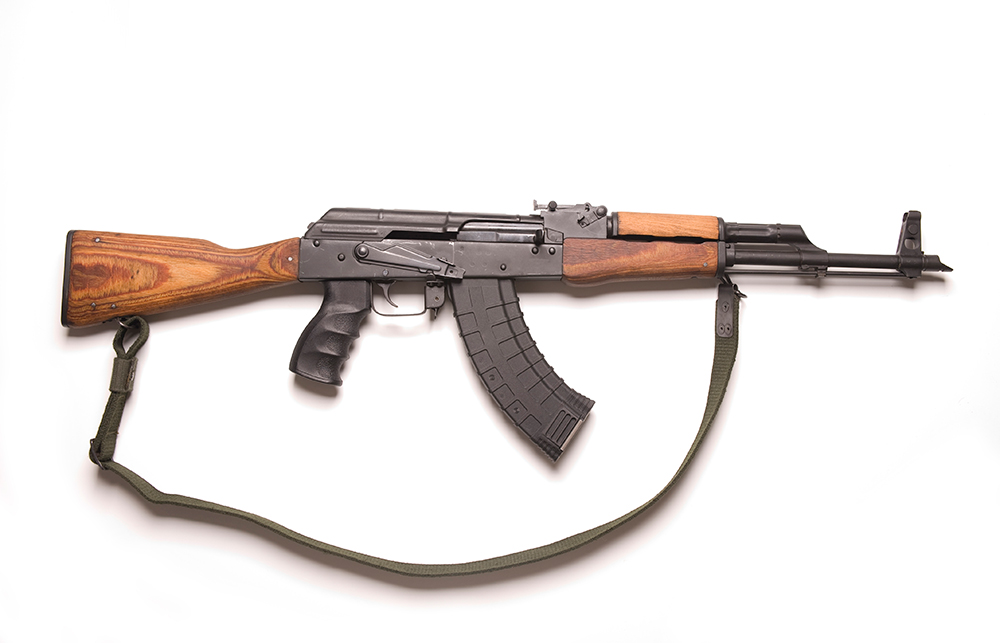Russia’s education system is about to undergo a radical transformation. Next month, when the new academic year begins, classes will be required to teach teenagers how to assemble, handle and clean Kalashnikov rifles, how to use hand grenades and how to administer first aid in combat.
This military training for sixth-formers – 16 and over – will be taught as part of their ‘fundamentals of life safety’ classes. Such classes have existed in various forms since the 1980s. In the past children have been taught quite practical skills, including how to stay safe in terrorist attacks, deal with radiation poisoning following the Chernobyl nuclear disaster and, more recently, the basics of online safety.
‘When a school teacher tells you that what is happening is normal, they hold authority’
The new briefing packs being distributed to teachers of Years 10 and 11 (equivalent to Years 12 and 13 in Britain) reveal how overtly militarised the new curriculum is. Students will be required to ‘practise Kalashnikov automatic fire techniques’, ‘learn the basic duties of soldiers in combat’ and ‘learn to carry the wounded out of combat’.
Last month it was announced that sixth-formers would also be taught how to assemble and operate unmanned drones as part of these same classes. This addition came after Vladimir Putin called for drone training to be included in the curriculum in April as ‘early career guidance [that] will ultimately benefit the country’.
Although the independent Russian media outlet Important Stories has published evidence showing that schools across the country have started buying up drones, Sergei Chernyshov, a former teacher and historian designated a ‘foreign agent’ by the Kremlin for opposing the war in Ukraine, doesn’t think many institutions will actually be able to follow through with this requirement. ‘We should not expect that in the lessons of life safety, just because this programme has been adopted, children will be taught how to use drones,’ he tells me.








Comments
Join the debate for just £1 a month
Be part of the conversation with other Spectator readers by getting your first three months for £3.
UNLOCK ACCESS Just £1 a monthAlready a subscriber? Log in